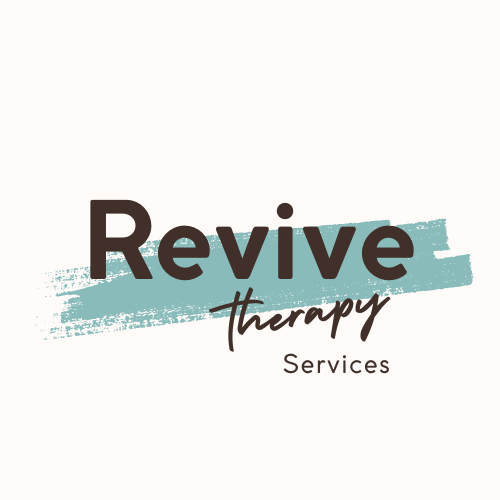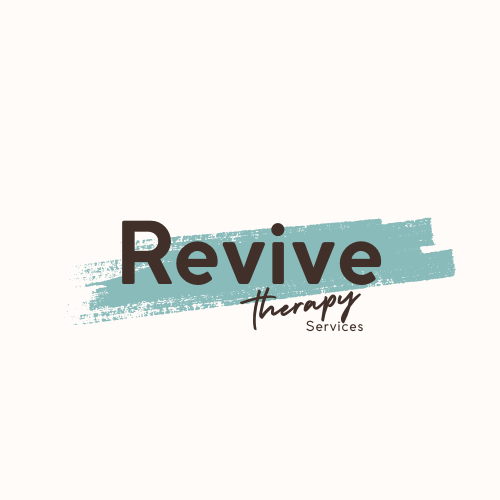Trauma and The Highly Sensitive Person
Guest Blog by Rachel HaimovichRachel is a board certified music therapist and licensed professional counselor in private practice in Philadelphia, PA. She loves helping anxious seekers who have an insatiable need to understand why they feel the way they do find and embody inner peace and security even in times of uncertainty, grief and transition. You can find her at www.therapywithrachel.co or on Instagram @therapy.with.rachel.What is a Highly Sensitive Person (HSP)?
Trauma is our mind and body’s response to any distressing event or events that overwhelm our ability to cope. While a highly sensitive person (HSP) is no more likely to experience distressing events than a non-HSP, they may be more likely to develop Post Traumatic Stress Disorder (PTSD) as a result.
The term “highly sensitive person” was coined in 1991 by psychologist Elaine Aron. Her research found that about 15-20% of the population meet the criteria for an HSP, which include:
Heightened sensitivity to external stimuli such as lights and sounds
Having a stronger nervous system response (“fight or flight”) in stressful situations
Experiencing emotions intensely
Noticing and having difficulty with transition and change, even when subtle
Affected deeply by the energy and moods of others
Having a low threshold for pain
Highly sensitive folks are often called “shy” or perhaps “overly sensitive” in their childhood, which can in itself be traumatic since those labels may come across as something being “wrong” with the way in which an HSP experiences the world.
In addition to perhaps having their HSP traits invalidated, dismissed, or shamed at home, school, and other social settings. HSPs are more sensitive to other traumatizing experiences. With HSP and Trauma such things as:
Experiencing or witnessing actual or threatened death or serious injury
Threat to the physical integrity of self or others (such as physical or sexual abuse)
Sudden and unexpected loss
Childhood emotional neglect
Can deeply impact them more than others. The HSP’s ability to take in and perceive external stimuli can be a double-edged sword. On one hand, when experiencing a positive emotion such as joy, that emotion may be felt more deeply by an HSP. HSPs may also have highly developed intuition. However, an HSP is also more susceptible to experiencing heightened responses to negative events. That is why understanding how HSP and trauma intertwine is deeply impactful.
Why are HSPs more likely to develop PTSD after experiencing trauma?
Due to the heightened sensitivity and perception of an HSP, their nervous systems are more likely to move outside of their “window of tolerance” (the optimal state of arousal for our nervous system that allows us to function and thrive in daily life) and enter a state of “hyper-arousal” (think our “fight or flight” response) than a non-HSP. The other side of this may look like shutting down, avoiding, or isolating (“hypo-arousal”).
With HSP and trauma, these individuals may experience very vivid flashbacks and nightmares or have a stronger tendency to avoid anything that reminds them of the traumatic event(s). Other PTSD symptoms can look like this:
Chronic feelings of shame and guilt
Repeated and ongoing relationship challenges
Feeling like you have to constantly be on guard (hyper-vigilance)
Physical symptoms such as dizziness or nausea
What may be stored adaptively in a non-HSP’s memory may be felt more intensely and get “stuck” in an HSP’s nervous system. Shame around how you are responding to the trauma can also slow down the path to healing.
What can help an individual with HSP and Trauma heal?
Meet your experience with compassion - naming that you’ve experienced trauma, that this is an experience of suffering that you’re having, that you’re not alone, and sending kindness to yourself (as you would a good friend) are great first steps
Seek out support that “gets it.” This might look like reaching out to friends who also identify as HSPs, or working with a skilled online therapist in Pennsylvania who understands and validates your experience of moving through the world as an HSP
Accept that you may need to slow down and take extra time for rest and connection with yourself and others
Come back to any practices that have helped you deal with overwhelm in the past (or explore new ones). This could look like mindfulness meditation, gentle yoga, listening to or playing supportive music, or any activity that brings you a sense of joy, connection, ease or release
Work with a therapist who specializes in understanding HSP and trauma. Since trauma is stored in our bodies, modalities that go beyond talk therapy such as EMDR and creative arts therapies can help your nervous system release and properly digest the trauma
Harness your HSP superpowers: this includes your imaginative and creative capacity, intuition, and ability to access and express deep emotions,
Moving through the world as an HSP can be a gift
HSPs bring deep empathy, creativity, and self-awareness to their contributions and interactions. HSPs also may be more susceptible to developing PTSD. Know that healing is 100% possible, and HSPs may find that their sensitivity, imaginative capacity, and intuition can be valuable resources in the healing journey.
If you are an individual with HSP and Trauma, Online Therapy in Pennsylvania Can Support You!
You are not alone if you are an individual with HSP. This can be a great super strength, but having HSP and trauma can feel like a barrier at times. Talk with a trauma therapist who can help you learn about emotional regulation with Revive Therapy in Pennsylvania. When you’re ready to get started, follow these simple steps:
Meet your trauma therapist, Hannah Guy
Beginning healing and understanding HSP and trauma.
Other Services at Revive Therapy
Getting therapy support is perfectly OK! You deserve a space to talk through life events that may be holding you back. Whether this is your first time in therapy or you’ve been here before, I am here to help you process, work through, and move toward your goals in a healthy and sustainable way. If you’re looking for other services at Revive Therapy in Pennsylvania, I offer other services. This includes PTSD treatment and trauma therapy, body image issues, binge eating, and more. I offer support with EMDR therapy if you’re in need of more specialized support. Additionally, all services are offered via online therapy in Pennsylvania. When you’re ready for support. Call now!




